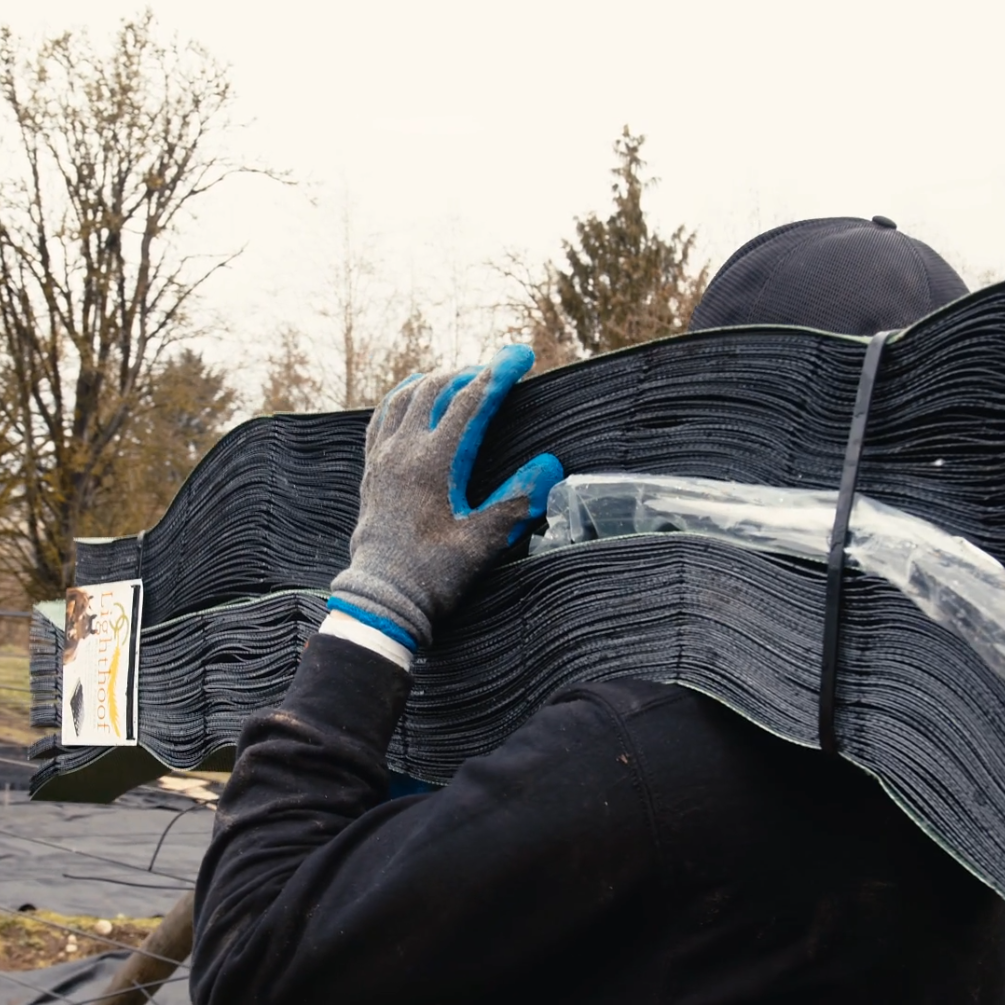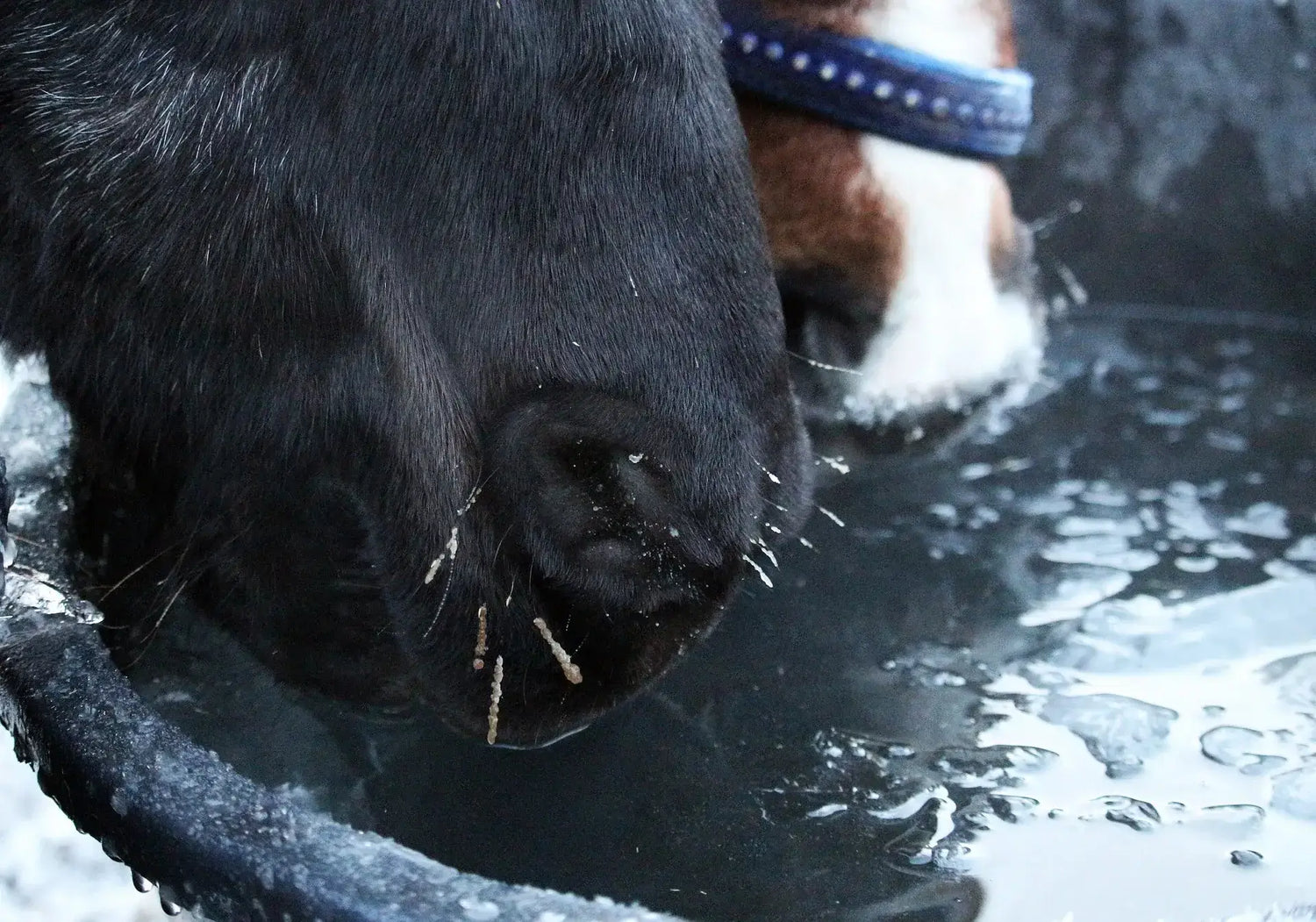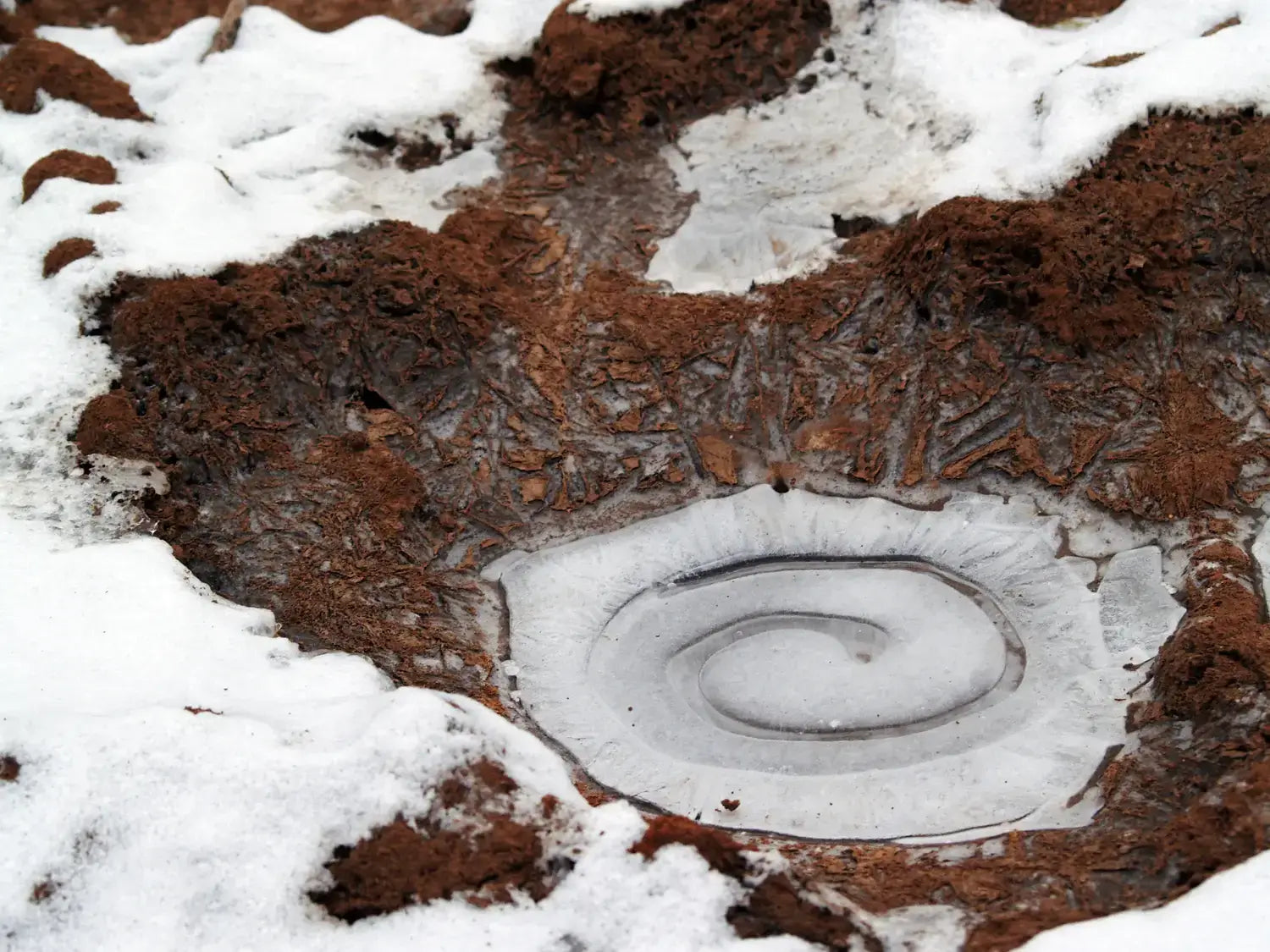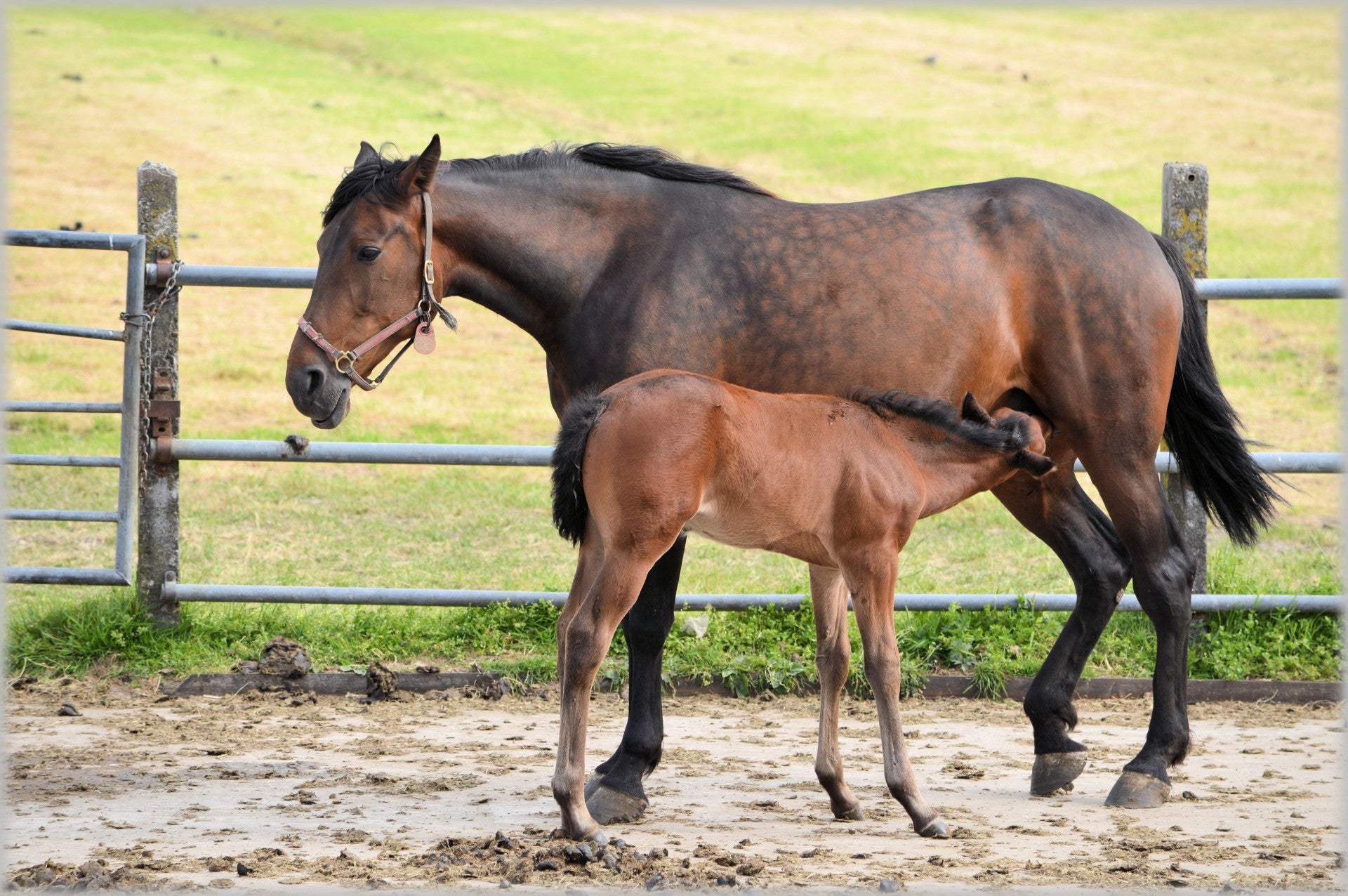Winter should be in full swing in your neck of the woods. If there’s no snow on the ground, you’ve probably at least had the pleasure of breaking a frozen water bucket or two. Life around the barn moves a little bit slower and takes just a bit longer when the cold really sets in. We here at Lighthoof want to make sure your winter months are as comfortable as possible. We’ve got some tips and the answers to a few questions to help keep your horses cozy this cold season.
When to blanket your horse?
The age old question gets mulled over when the temperatures drop every year by seasoned equestrians and newbies alike. The debate on when to, or even if you should blanket your horses is a long standing one. Blanketing is generally a personal choice, but there are a few rules to follow when it comes to layering up. Make sure if you blanket your horse when it gets chilly you have a plan to take blankets off when the day warms up. Overheating and sweating under their blankets is a health risk, one that can escalate when the temperatures go back down at night. You can blanket a wet horse, as long as they aren’t steaming, but if they’re wet, make sure you’ve got a blanket that breathes a little. If your horse is in steady work, you may consider a trace clip to help them cool down after a good ride.
How much hay to feed a horse in winter?
The general rule when it comes to freezing temps and feeding your equine friends is keeping the good eats constant. Having good quality hay in front of your horses around the clock is beneficial for a multitude of reasons. It contributes to superior gut health, helps with constant energy to combat freezing temperatures, and aids in keeping blood flowing to allow them to keep producing body heat. Some people even swear that good quality hay is better than blanketing!

Horses drink less in winter, right?
Wrong! In fact, access to fresh water is just as important in cold temps as it is when it’s hot out. You can find some great ideas to keep your horse water from freezing on our Pinterest page. Make sure they’ve got access to help keep them hydrated and able to stay warm when it’s chilly.

What about exercising my horse in winter?
Just because it’s cold out doesn’t mean you shouldn’t get some riding in. Points to take into consideration when it comes to winter workouts are cooldown time, respiratory health and remembering that rule about feed and water we mentioned above. If your horse breaks a sweat, make sure you allow them ample time to cool and dry before putting them up for the night. If the temperatures are near or below freezing, consider that a hard workout means more strain on their respiratory system. Exercising your horse in winter is a great way to keep the blood pumping.
Your horse’s living space.
Not all horses are kept indoors when the snow comes, and plenty of horses do perfectly fine living outdoors, too. If you don’t have the ability to stable your horses inside for the winter, make sure your paddock has somewhere your horses can get up and out of the wet and muck, as well as a place that blocks the wind and weather. Often times, the temperatures will warm up enough during the day to begin melting any snow or frozen precipitation. Giving your horses a dry place to stand goes a long way in keeping them healthy and warm during winter months. A horse standing in mud will generally not lay down in it, especially if it’s cold out. Proper drainage and solid, stabilized ground will help keep precipitation from accumulating and allows your horses a dry place to stand. If you have a run in shed or three-sided shelter in your paddock, installing our mud management panels around this area will help achieve that mud free environment your horses will love during winter.
By keeping your horses well fed, with access to plenty of clean water and good exercise you’ll be off to a good start. Managing their living spaces and getting a horse in the mud to dry ground will make managing the colder months a little easier. Now that you have a handle on the cold, get ready for the spring thaw!





Leave a comment
This site is protected by hCaptcha and the hCaptcha Privacy Policy and Terms of Service apply.